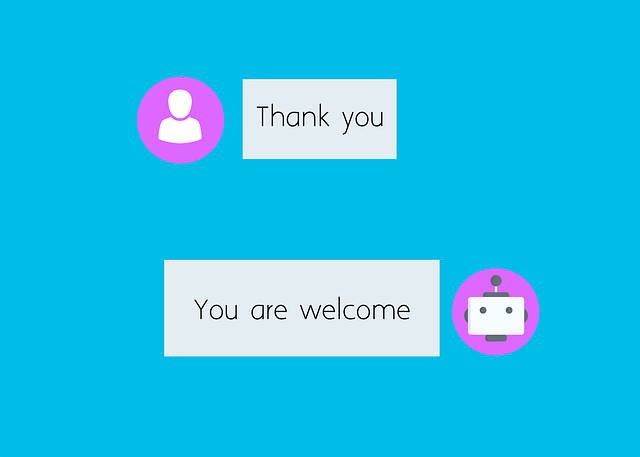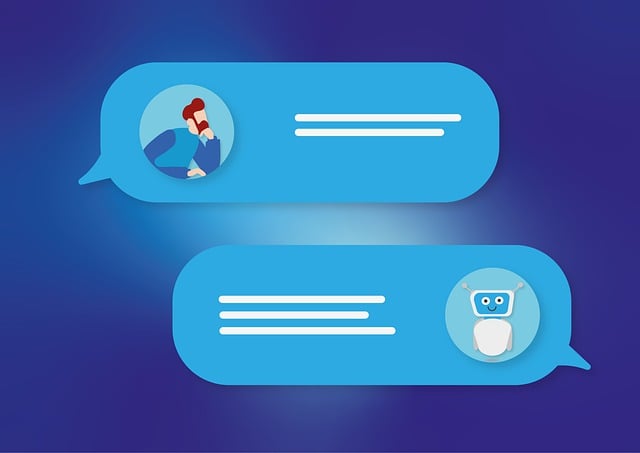AI chatbots have advanced significantly, offering natural language interactions and assistance across sectors. Despite their power, they face challenges in context retention, common-sense reasoning, emotional intelligence, and cultural understanding. Privacy and data security are paramount as these chatbots access vast user data, necessitating robust encryption and transparent practices to maintain trust. Bias is a critical issue, requiring diverse datasets, regular audits, and transparent communication of limitations to ensure fairness. Transparency and accountability are crucial for ethical AI chatbot development, including clear user information, guidelines for handling complaints and errors, and continuous improvement based on feedback. Customization tools enhance user autonomy.
As artificial intelligence (AI) chatbots become increasingly integrated into our daily lives, ethical considerations are paramount. This article explores the nuanced landscape of developing AI assistants, focusing on understanding their capabilities and limitations, addressing privacy and data security concerns, mitigating bias and promoting fairness in conversations, and ensuring transparency, accountability, and user autonomy. By delving into these critical areas, we aim to guide the responsible creation and deployment of AI chatbots.
- Understanding AI Chatbot Capabilities and Limitations
- Privacy and Data Security Concerns in AI Assistant Development
- Bias and Fairness: Ensuring Ethical Conversations
- Transparency, Accountability, and User Autonomy
Understanding AI Chatbot Capabilities and Limitations

AI chatbots have transformed into sophisticated tools capable of engaging in natural language conversations, answering queries, and even generating content. However, it’s crucial to recognize their limitations. These systems are trained on vast datasets and leverage advanced algorithms to understand and respond to user inputs. Yet, they often struggle with context maintenance, common sense reasoning, and nuanced understanding of human emotions or cultural references.
While AI chatbots can provide valuable assistance in various domains, such as customer service, information retrieval, and personal assistants, they are not omniscient. They rely on the data they’ve been trained on and can sometimes perpetuate biases present in those datasets. Additionally, ethical considerations like privacy, data security, and transparency around how information is used and shared must be at the forefront of AI chatbot development to ensure responsible and beneficial deployment.
Privacy and Data Security Concerns in AI Assistant Development

As AI chatbots become more integrated into daily life, privacy and data security concerns are at the forefront of development. Chatbots access and store vast amounts of user data, including personal conversations, preferences, and even sensitive information. Ensuring that this data is handled securely and ethically is paramount. Developers must employ robust encryption methods, anonymize user data where possible, and be transparent about data collection practices to maintain user trust.
Moreover, the potential for data breaches or unauthorized access highlights the need for stringent security protocols. AI chatbot developers must stay ahead of evolving cyber threats by regularly updating security measures. Additionally, users should have control over their data, including options to opt-out of data sharing and easy access to their conversation history. Ethical development practices ensure that AI chatbots not only enhance user experiences but also safeguard privacy and protect against potential data misuse.
Bias and Fairness: Ensuring Ethical Conversations

AI chatbots, despite their potential to revolutionize communication and assistance, face a significant challenge in ensuring bias-free and fair conversations. Bias can creep into the development process through biased data or algorithms, leading to discriminatory outcomes. For instance, if an AI chatbot is trained on text that contains gender or racial stereotypes, it may inadvertently perpetuate these biases in its responses. Achieving fairness requires diverse and representative datasets, regular audits for bias, and transparent communication about limitations.
Ethical considerations demand continuous monitoring and improvement. Developers must implement mechanisms to identify and mitigate biases, ensuring that AI chatbots treat all users equitably. By prioritizing fairness, we can create more inclusive and responsible AI technologies that foster positive and unbiased interactions, ultimately enhancing user experiences without compromising ethical standards.
Transparency, Accountability, and User Autonomy

In developing AI chatbots, transparency is paramount. Users should be clearly informed about the capabilities and limitations of these digital assistants. This includes understanding how the chatbot processes user data, generates responses, and makes decisions. Open communication about these aspects builds trust and empowers users to make informed choices regarding their interactions.
Accountability is another cornerstone of ethical AI chatbot design. Developers must ensure that there are mechanisms in place to address any issues or concerns raised by users. This involves establishing clear guidelines for handling user complaints, errors, or biased responses. Regular audits and continuous improvement based on feedback are crucial to maintaining a high standard of integrity in the chatbot’s performance. User autonomy is also enhanced when developers provide tools or options that allow individuals to customize their interaction with the AI assistant to suit their specific needs and preferences.






